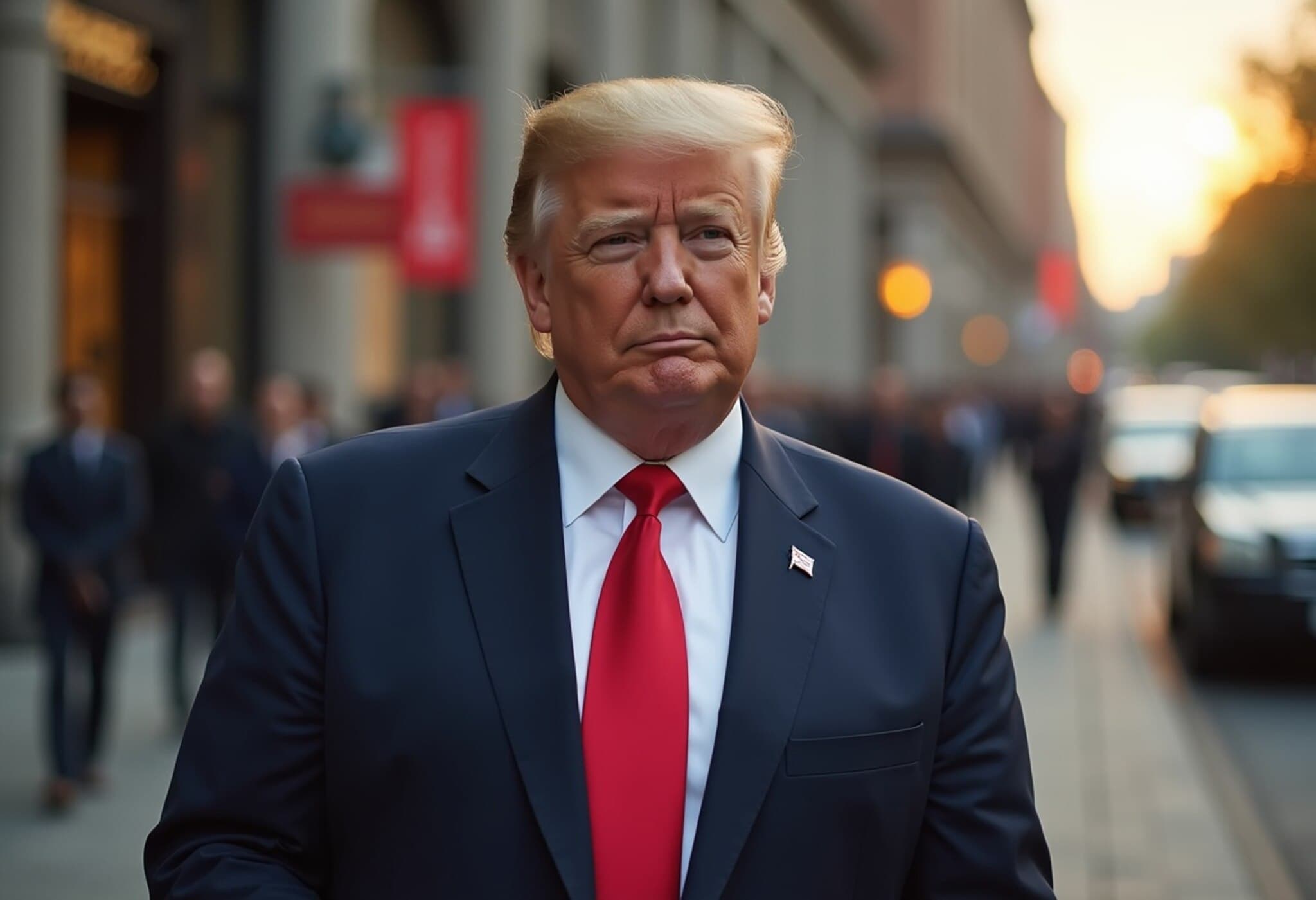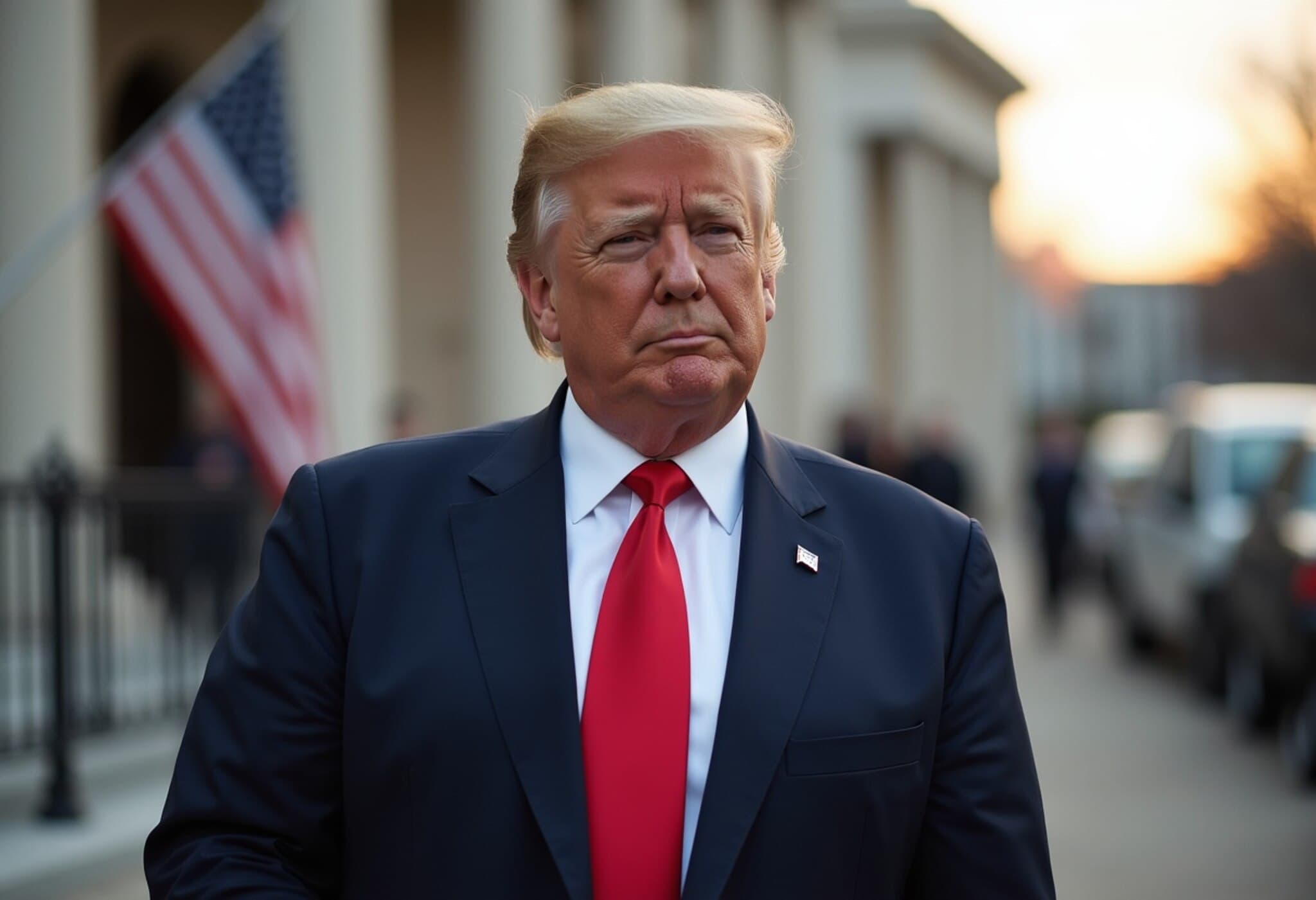President Trump Signs Executive Order Closing De Minimis Trade Loophole
In a decisive move set to impact millions of American consumers and businesses alike, President Donald Trump signed an executive order on July 30, 2025, effectively eliminating the longstanding de minimis exemption for low-value imported goods. This order, which will take effect August 29, mandates that all international shipments entering the United States valued at $800 or less will now be subject to import duties. The policy applies universally, ending the previous exemption for shipments from all countries worldwide.
The Context: From Partial Suspension to Total Ban
This comprehensive action follows Trump's earlier suspension of the de minimis provision in May 2025, which had targeted packages from China and Hong Kong—regions responsible for a significant majority of these low-cost imports. The May restriction was already stirring controversy, triggering legal challenges from major retailers who argued the suspension unfairly disrupted their business models. However, a federal trade court upheld the administration’s stance earlier this week, refusing to block the ban despite these objections.
What Is the De Minimis Exemption?
The de minimis exemption historically allowed for small-value goods, valued under $800, to enter the U.S. duty-free without customs scrutiny. This policy was initially designed to ease trade and speed up parcel delivery but has increasingly come under fire in recent years.
Impact on E-Commerce and Retailers
The rapid rise of online shopping has magnified the use of the de minimis loophole. Ultracheap retailers like Temu and other Chinese e-commerce platforms have taken advantage of this to ship vast quantities of goods directly to U.S. consumers without tariffs. Notably, following the announcement, shares of Temu’s parent company declined, reflecting investor concerns. Similarly, Amazon's stock also experienced a dip, as its business model partially relies on a third-party marketplace featuring millions of sellers selling imported goods, including cheaper items shipped directly from China.
The Biden Administration’s Rationale: Protecting American Jobs, Security
Officials have framed this crackdown as more than just an economic policy, calling the de minimis exemption a “big scam” that favors foreign sellers at the expense of American businesses. Beyond economic considerations, there are pressing security concerns. Customs authorities note that the exemption often bypasses inspections, which has been linked to the alarming surge in illicit shipments, including fentanyl and other dangerous substances floodings U.S. neighborhoods.
Surging Volume of Low-Value Shipments
The White House provided eye-opening statistics to justify the urgency of their action. So far in this fiscal year, more than 309 million de minimis shipments have flooded U.S. borders, compared to just 115 million in all of the prior year. This explosive growth underscores how significantly the loophole was exploited, straining customs enforcement capabilities and prompting a policy rethink.
Broader Economic and Legal Perspectives
- Supply Chain Implications: Closing de minimis could recalibrate global supply chains as retailers adjust to new cost structures.
- Legal Challenges: The refusal of courts to block the ban signals a potent shift in judicial deference toward trade enforcement measures under national security and economic protectionism rationale.
- Consumer Behavior: Increased tariffs might translate to higher prices and slower delivery times for consumers accustomed to inexpensive and speedy imports from abroad.
Unseen Angles and Underreported Consequences
While headlines highlight trade policy and economic protection, less covered is the impact on international relations, especially with countries like China, whose exporters have heavily relied on the exemption to reach U.S. markets. Moreover, the ruling raises important questions about the future of global e-commerce and how governments balance economic openness with national security amid evolving threats such as illicit drug trafficking.
What’s Next for American Businesses and Consumers?
With the August 29 deadline approaching, businesses must re-evaluate their supply strategies and pricing models. Consumers might expect to see some price adjustments, particularly on budget-friendly imported goods that were previously tariff-exempt. Meanwhile, customs enforcement agencies will likely increase inspections and broaden their operational scope to manage this surge in customs duties assessments.
Editor’s Note
The elimination of the de minimis exemption marks a watershed moment in U.S. trade policy, signaling a tougher stance on inexpensive imports and a push to protect domestic industries and national security. Key questions remain: How will retailers innovate to offset new costs? Can customs agencies handle the increased workload without slowing delivery? And, crucially, will this trigger retaliatory measures impacting the global trade environment? As we witness the evolution of trade policy, staying attuned to both economic implications and geopolitical undercurrents will be essential.












